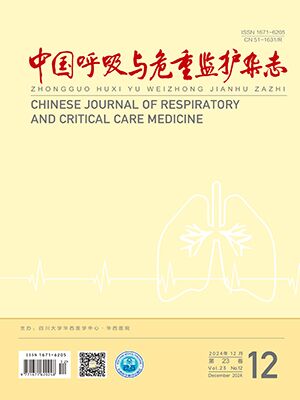Objective An animal model of lung cancer was established to study whether wasabi could inhibit the expression of hnRNP A2/B1 in lung.Methods Thirty-six Wistar rats were randomly divided as model group and wasabi group.0.1 mL of arcinogenic iodized oil [50 mg 3-methylcholanthrene (MCA) in 1 mL carcinogenic iodized oil] were instilled intratracheally to induce lung cancer.A week before instillation of MCA,the wasabi group was orally administered wasabi extract solution until the animals were killed while the model group was given isometric saline at the same time.Six rats in each group were randomly killed on 30th day,60th day and 90th day.Immunohistochemisty and RT-PCR were used to measure the protein and mRNA expression of hnRNP A2/B1,respectively.Results Wasabi lowered the protein expression of hnRNP A2/B1 with a total inhibitory rate of 48.5%.At the 30th,60th and 90th day,the inhibitory rate was 51.0%,51.0% and 45.1% respectively.Meanwhile,wasabi lowered the mRNA expression of hnRNP A2/B1 with a total inhibitory rate of 60.5%.At the 60th and 90th day,the inhibitory rate was 79.5% and 58.0%,respectively.Conclusion Wasabi solution can down-regulate the expression of hnRNP A2/B1 which may be a molecular mechanisms by which wasabi inhibits lung cancer.
Citation: TAO Ran,LI Weimin,CHEN Wenbin. Effect of wasabi on the expression of hnRNP A2/B1 in lung cancer. Chinese Journal of Respiratory and Critical Care Medicine, 2008, 08(2): 107-109. doi: Copy
Copyright © the editorial department of Chinese Journal of Respiratory and Critical Care Medicine of West China Medical Publisher. All rights reserved




